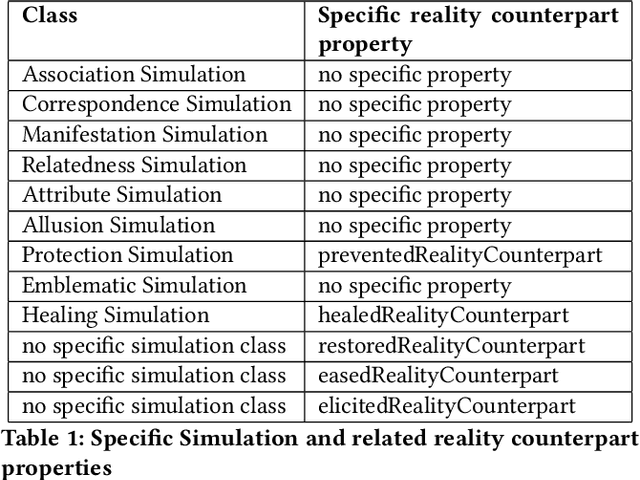Bruno Sartini
IICONGRAPH: improved Iconographic and Iconological Statements in Knowledge Graphs
Jan 24, 2024Abstract:Iconography and iconology are fundamental domains when it comes to understanding artifacts of cultural heritage. Iconography deals with the study and interpretation of visual elements depicted in artifacts and their symbolism, while iconology delves deeper, exploring the underlying cultural and historical meanings. Despite the advances in representing cultural heritage with Linked Open Data (LOD), recent studies show persistent gaps in the representation of iconographic and iconological statements in current knowledge graphs (KGs). To address them, this paper presents IICONGRAPH, a KG that was created by refining and extending the iconographic and iconological statements of ArCo (the Italian KG of cultural heritage) and Wikidata. The development of IICONGRAPH was also driven by a series of requirements emerging from research case studies that were unattainable in the non-reengineered versions of the KGs. The evaluation results demonstrate that IICONGRAPH not only outperforms ArCo and Wikidata through domain-specific assessments from the literature but also serves as a robust platform for addressing the formulated research questions. IICONGRAPH is released and documented in accordance with the FAIR principles to guarantee the resource's reusability. The algorithms used to create it and assess the research questions have also been made available to ensure transparency and reproducibility. While future work focuses on ingesting more data into the KG, and on implementing it as a backbone of LLM-based question answering systems, the current version of IICONGRAPH still emerges as a valuable asset, contributing to the evolving landscape of cultural heritage representation within Knowledge Graphs, the Semantic Web, and beyond.
Marriage is a Peach and a Chalice: Modelling Cultural Symbolism on the SemanticWeb
Nov 03, 2021



Abstract:In this work, we fill the gap in the Semantic Web in the context of Cultural Symbolism. Building upon earlier work in, we introduce the Simulation Ontology, an ontology that models the background knowledge of symbolic meanings, developed by combining the concepts taken from the authoritative theory of Simulacra and Simulations of Jean Baudrillard with symbolic structures and content taken from "Symbolism: a Comprehensive Dictionary" by Steven Olderr. We re-engineered the symbolic knowledge already present in heterogeneous resources by converting it into our ontology schema to create HyperReal, the first knowledge graph completely dedicated to cultural symbolism. A first experiment run on the knowledge graph is presented to show the potential of quantitative research on symbolism.
 Add to Chrome
Add to Chrome Add to Firefox
Add to Firefox Add to Edge
Add to Edge